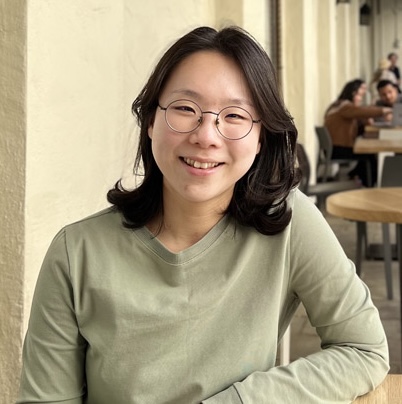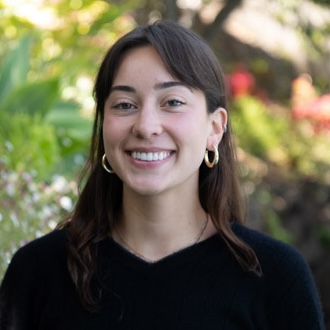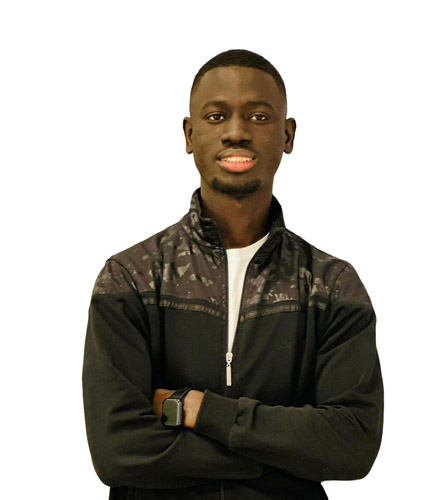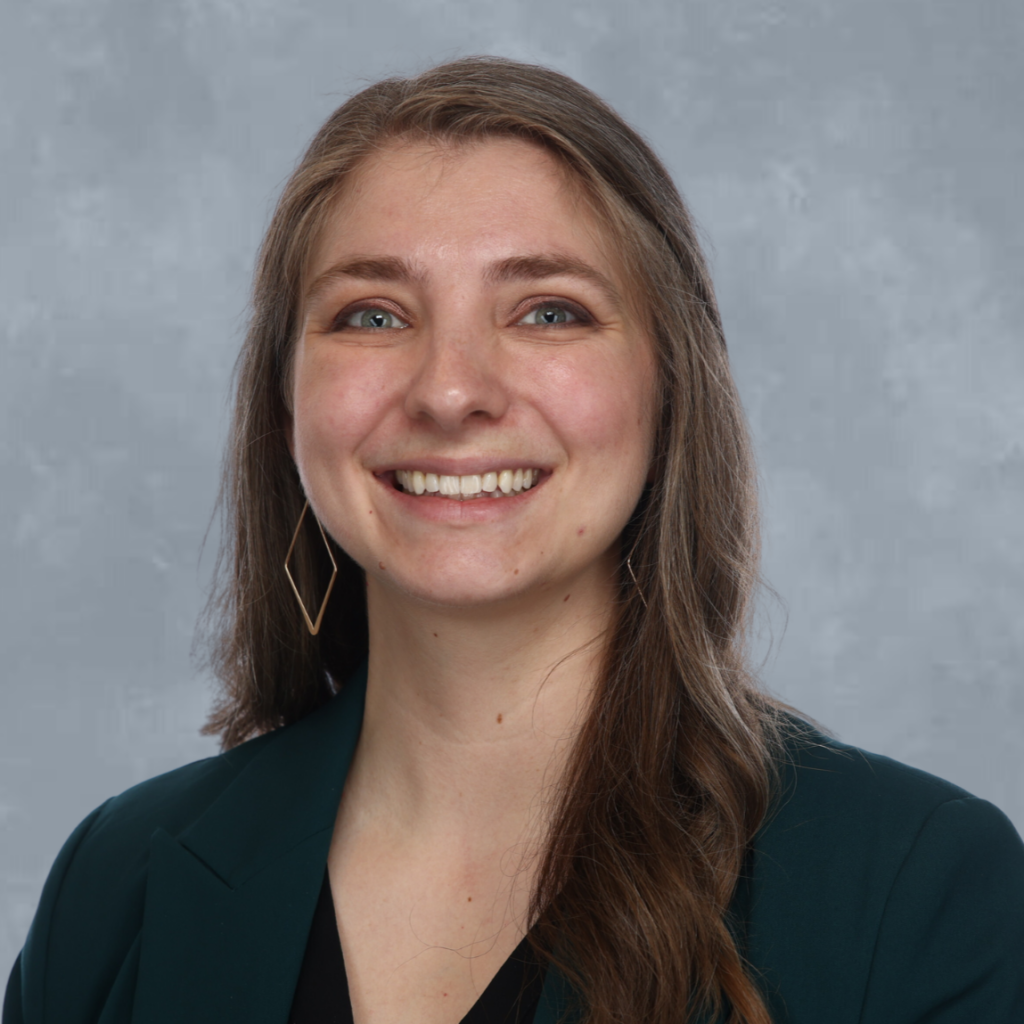Meet the Team

Jihyeon Bae
Student Fellow
Jihyeon Bae is a PhD candidate in the Political Science Department at the University of Washington. She is interested in comparing design choices around international organizations and how they influence cooperation among states. She is also passionate about applying NLP models to explore how rhetoric changes in international forums like the United Nations General Assembly. During the UW DSSG program, she will work on a project assessing water reuse patterns, based on substantive knowledge in actor-based institutional design. Born and raised in South Korea, she received her B.A. in International Studies from Kyung Hee University in 2019, with additional training from the Applied Mathematics Department.

Nora Povejsil
Student Fellow
Nora Povejsil is a Master’s student studying Information and Data Science at the University of California, Berkeley. Nora’s dedication to using her technical skills for good was recognized through the Jack Larson “Data for Good” Fellowship award she received during the 2023-2024 academic year from her university. Her educational background includes a double major Bachelor’s degree in Data Science and Public Health from UC Berkeley. During that time, she served as an Undergraduate Student Instructor for a class on the U.S. healthcare system. Driven by a desire to address public health inequities, Nora sought out experiences to advocate for underserved communities in women’s healthcare as a Medical Assistant for the Midwifery unit at the Hennepin County Medical Center in Minneapolis and as a volunteer at the Daytime Women’s Drop-In Center in Berkeley. Nora also has a strong passion for environmental work. She applied her data science skills as an Undergraduate Research Assistant for the Power Lab, an integrative biology/ecology lab, creating machine learning algorithms to identify fish species and track ecological patterns and migration trends in Northern California.

Mbye Sallah
Student Fellow
Mbye is currently pursuing a master’s degree in applied economics at Ohio University. He also holds dual bachelor’s degrees in Economics and Finance and Banking from Suleyman Demirel University. Being from a low-income country, The Gambia, his research interest focuses on development economics, specifically financial development, and household welfare. Realizing the potential of data science in unraveling complex societal problems and motivated by his commitment to bridging the gap between economic theory and practical solutions, he is eager to join the DSSG fellowship. With a background in economics, he hopes to enhance his data science skills, which he can utilize to understand and provide practical solutions to societal issues.

Daniel Vogler
Student Fellow
I am currently pursuing a Master’s degree in Data Science at the University of Washington. Before graduate school I worked as a management consultant, primarily supporting clients in healthcare and retail. I graduated with a B.A. from Princeton University in 2021. I am deeply interested in the intersection between data science, machine learning, and energy, especially in data-driven approaches to energy policy. I am excited to participate in the DSSG program for the opportunity to further explore how data science can help communities pursue sustainable development as part of the Water Reuse project.

Miriam Hacker
Project Lead
Dr. Miriam Hacker serves as a Research Program Manager at the Water Research Foundation, building bridges between research and practice. Her research portfolio through the Foundation focuses on projects related to Utility Management, Workforce Management, Water Reuse, and Decentralized Systems. Dr. Hacker earned her BS, MS and PhD degrees in Civil Engineering at the University of Washington with an emphasis in construction, energy, and sustainable infrastructure. Her professional experience includes local permitting, stormwater management, network development, and the housing-water nexus. More recent research experience includes institutional and governance considerations for implementation of alternative water systems (e.g. onsite water reuse, general water reuse) and community engagement best practices.

Carolyn Hayek
Project Advisor
Carolyn Hayek is a national expert in sustainable US water infrastructure. She holds an economics-focused PhD in Sustainable Development from Columbia University and Masters in Environmental Engineering and Urban Planning from MIT. Prior to earning her PhD, Carolyn spent 9 years at the US Environmental Protection Agency (EPA) in the New England regional office. Her EPA work included oversight of state funding programs for drinking water and wastewater infrastructure, and developing a toolbox for effective water-sector utility management. Carolyn's research centers on the drivers and effects of underinvestment in US water services provision, and the influence of water reuse implementation.

Curtis Atkisson
Data Scientist
Curtis Atkisson joined the eScience Institute in Feb 2024. He received his PhD in Evolutionary Anthropology from UC Davis with a designated emphasis in Computational Social Science. His dissertation was on how changes in people’s complex social networks impact their cooperative behavior. The analysis of those data required complex networks, designing new measures of information in those networks, and modeling those changes with custom-built Bayesian statistical models. His postdoctoral work applied his methodological expertise to understanding Open Source Software communities and how they persist, as well as expanding his tools to include Text As Data/Text Mining, machine learning, and AI approaches to understanding text (e.g., GPT as a zero-shot translator). Curtis brings a broad and mixed set of both qualitative and quantitative methods that can be used to understand dynamic processes as well as their surrounding contexts. His approach to statistics is to maximize the information that can be drawn from data by developing custom-built Bayesian models that can use MCMC to reason about quite diverse data-generating mechanisms. He has worked extensively with qualitative data analysis methods and machine analysis of qualitative data. He has an emphasis on network analysis, including complex networks.